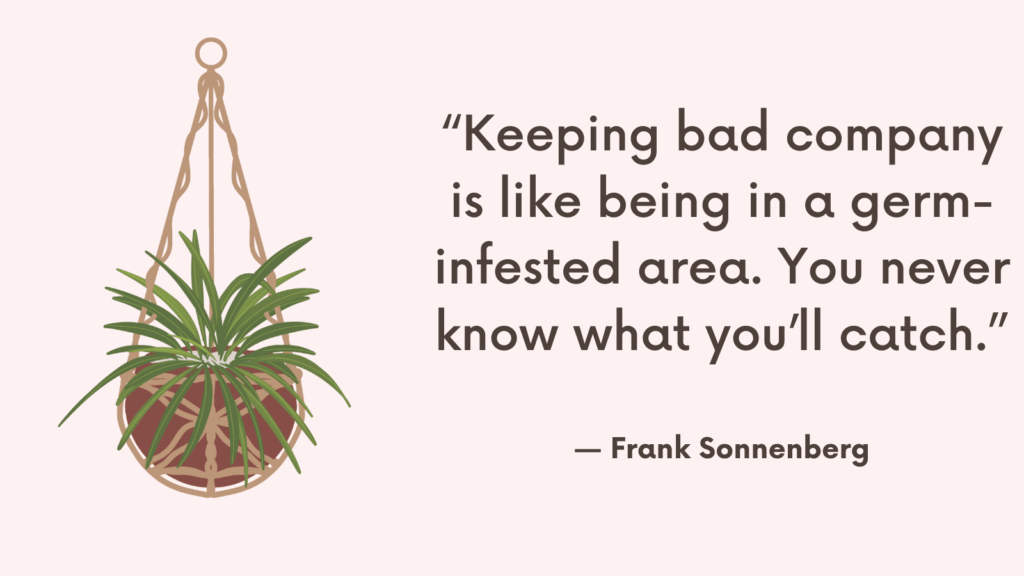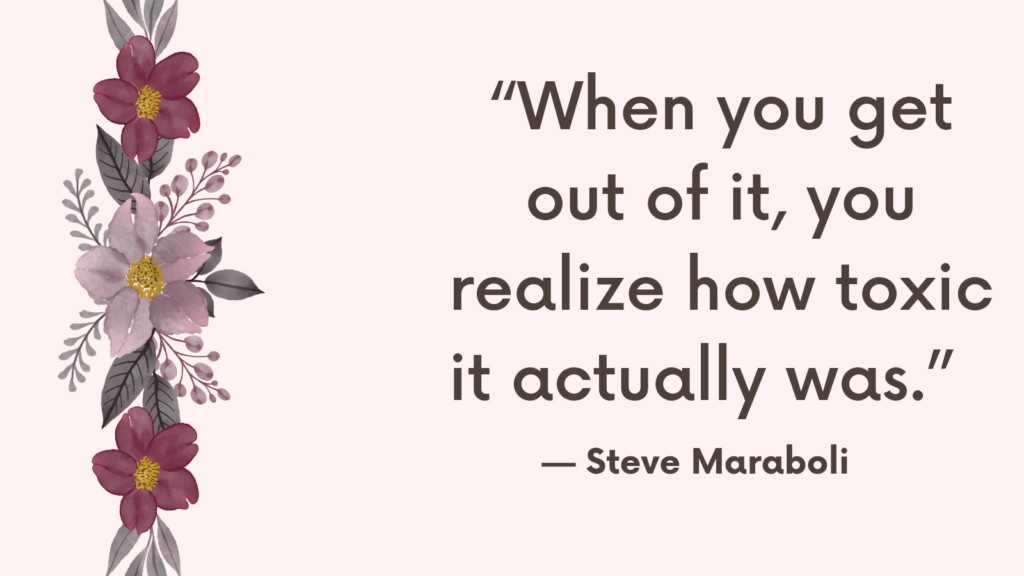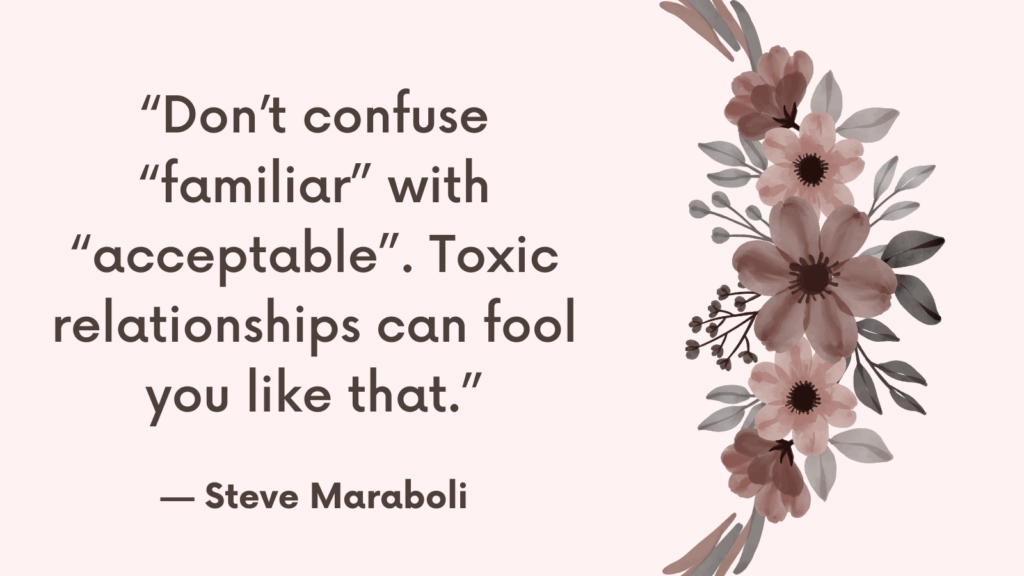Lying isn’t always about cruelty or selfishness. When people lie to those they love, it’s often tangled with fear, protection, or insecurity. The reasons are complex—and sometimes painful. Understanding why loved ones lie can help you navigate hurt with more clarity and compassion, even when trust feels broken.
Why People Lie To Those They Love?
1. Fear of Hurting You
Sometimes, people lie because they believe the truth will cause pain or disappointment. They want to protect your feelings—even if the lie creates distance instead.
2. Fear of Rejection or Abandonment
If someone worries that honesty will push you away, they may hide the truth to keep your love or approval.
3. Shame or Guilt
Lies often cover mistakes or behaviors that make people feel ashamed. They hide out of self-preservation, not just deception.
4. Avoiding Conflict
Some lie to keep peace or avoid arguments, thinking it’s easier than facing difficult conversations.
5. Lack of Emotional Tools to Be Vulnerable
Being honest—especially about hard things—requires courage and skill. If someone hasn’t learned how to express vulnerability, lying might feel safer.
Related: The Psychology Behind Cheating And Lying
6. Habit or Pattern
For some, lying is an automatic response—learned from past environments where truth felt unsafe or punished.
7. Protecting Their Own Image
They may lie to appear better, more responsible, or more loving—because they fear losing your respect.
8. Manipulation or Control
In some cases, lies are used to steer relationships or situations for personal gain. This can be a sign of deeper issues like narcissism.
9. Miscommunication or Forgetfulness
Not all lies are intentional. Sometimes, people minimize, exaggerate, or forget details, unintentionally misleading loved ones.
10. Struggling With Their Own Insecurities
When people don’t feel secure in themselves, they may lie to create a version of reality where they feel safer or more accepted.
Related: Breakup Therapy: 6 Techniques to Help Clients Cope With Grief
Can You Love Someone and Still Lie to Them?
Yes. People do it all the time. Love isn’t the absence of fear or flaws. It’s possible to love someone and still betray their trust—because love alone doesn’t guarantee honesty. Honesty requires courage, maturity, and self-awareness.
But just because love and lies can coexist doesn’t mean lying isn’t harmful. Every lie chips away at safety, trust, and emotional connection.
What Lying Does to Love
It breaks emotional safety
It replaces intimacy with anxiety
It erodes trust and replaces it with doubt
It forces the other person to question their own reality
It turns love into something you have to protect yourself from
Love without truth isn’t love you can relax into. It becomes something you have to constantly monitor, analyze, or survive.
What to Ask Yourself If You’ve Been Lied To
Do they take accountability—or make excuses?
Do they show remorse—or shift the blame?
Is this a one-time mistake—or a repeated pattern?
Are they willing to rebuild trust—or expect immediate forgiveness?
Can you still feel emotionally safe with them moving forward?
Love might still be present. But trust is what keeps it alive.
How to Recover After Being Lied To?
1. Allow Yourself to Feel the Hurt
Don’t rush past the pain or invalidate your feelings. It’s okay to feel angry, sad, confused, or betrayed. Naming your emotions helps release their power.
2. Accept What Happened Without Excusing It
Acknowledge the lie for what it was. Avoid minimizing or blaming yourself. You deserved honesty, and it’s okay to hold that boundary.
3. Take Time Before Responding or Deciding
Give yourself space to process before confronting the person or making decisions about the relationship. Acting in raw emotion can cloud your judgment.
4. Seek Support From Trusted People
Talk to friends, family, or a therapist who can listen without judgment and help you sort through your feelings.
Related: Forgiving Someone Who Isn’t Sorry: 9-Step Guide To Free Yourself From The Past
5. Rebuild Trust Slowly—If You Choose To
Trust can be repaired, but only over time and with consistent honesty. If the person is willing to earn it back, set clear expectations and boundaries.
6. Focus on Reconnecting With Yourself
Spend time doing what grounds you—journaling, meditation, nature walks, or creative outlets. Strengthening your relationship with yourself builds resilience.
7. Learn to Set Healthy Boundaries
Reflect on what you need to feel safe going forward. Practice saying no, asking for honesty, and protecting your emotional space.
8. Let Go of the Need to Control Their Actions
You can’t force someone to be truthful or trustworthy. Release the need to fix them and focus on your own healing.
9. Practice Forgiveness—For Your Own Peace
Forgiveness doesn’t mean forgetting or excusing; it means freeing yourself from carrying the burden of resentment.
10. Remember: You Are Worthy of Truth and Respect
Being lied to doesn’t diminish your value. You deserve honesty, kindness, and relationships that uplift your spirit.
Related: Top 7 Tips On Setting Boundaries With An Ex When In A New Relationship

Conclusion
Lies in love often come from fear, not hate. Understanding the why behind the deception doesn’t excuse the hurt—but it can open the door to empathy and healing. Trust is fragile and must be rebuilt carefully, but knowing the roots of lying can help you decide how to protect your heart while navigating love’s complexities.



